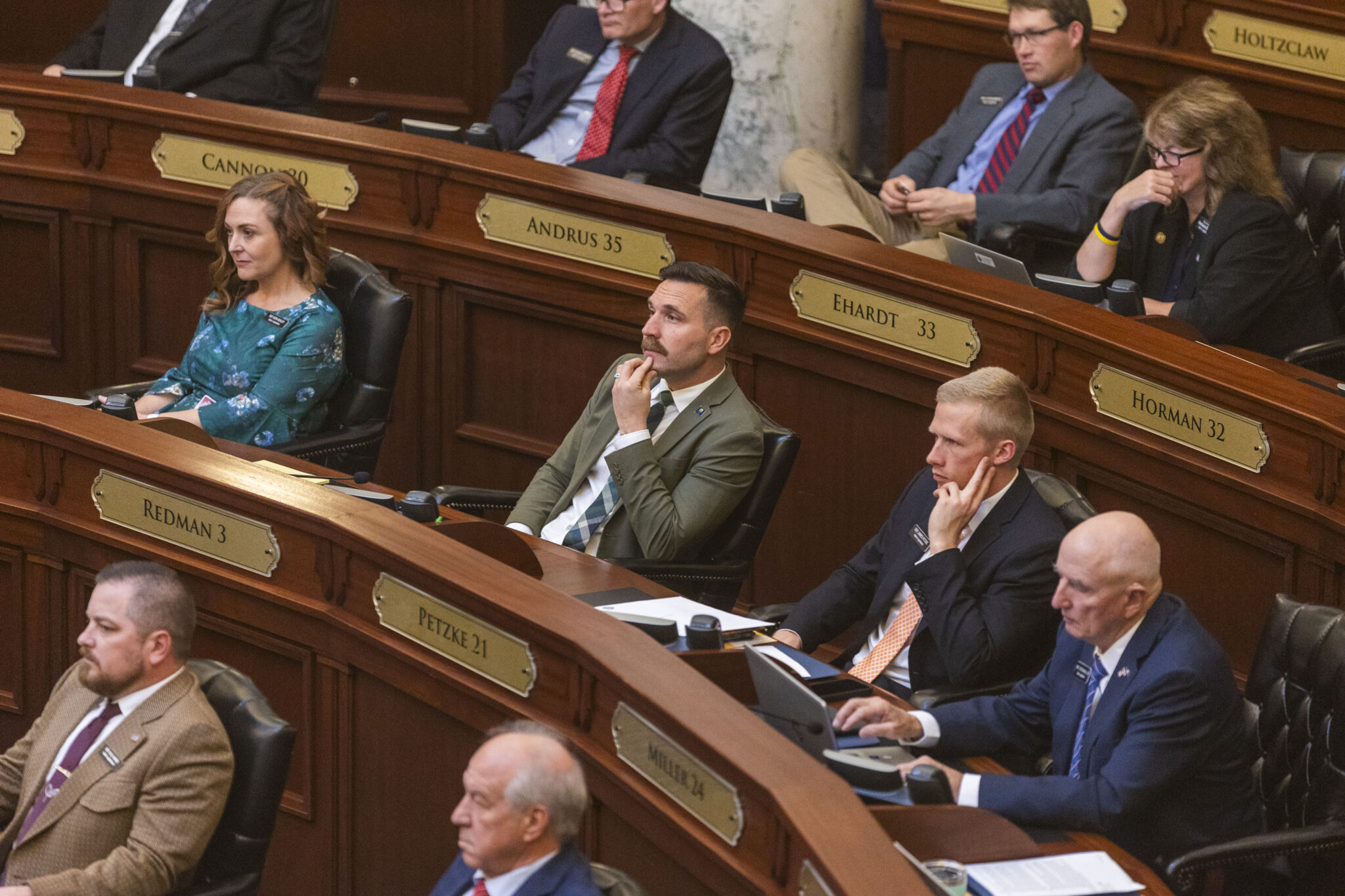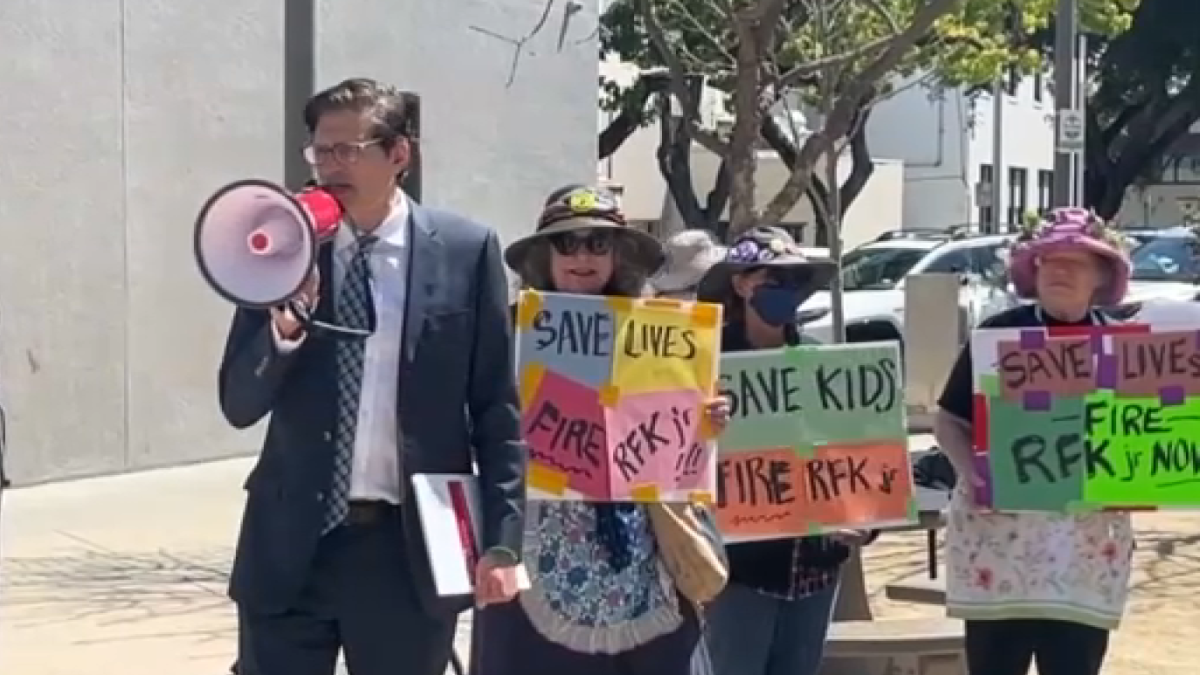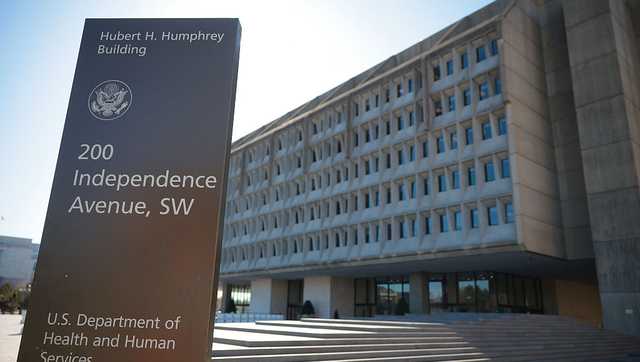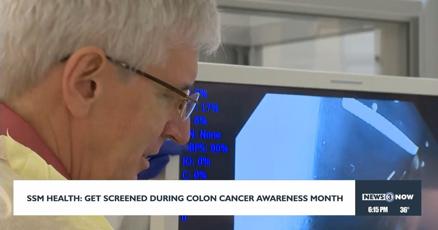Controversial Idaho Bill Threatens Citizen Welfare and Public Health, Experts Warn
Health
2025-04-04 10:00:05Content

In the intricate web of community health, our well-being is fundamentally interconnected. What impacts one group can ripple out to affect the entire population's health and safety. The recently passed House Bill 135 in Idaho highlights this delicate balance, introducing citizenship verification requirements for critical health and support services.
The bill's scope is broad, potentially affecting access to essential services such as immunizations, communicable disease testing, prenatal care, and vital support systems like food and shelter assistance. By implementing these new verification protocols, the legislation raises important questions about healthcare accessibility and community health equity.
As the bill moves forward, its implications extend far beyond individual circumstances, touching on broader themes of public health, social support, and the fundamental right to basic healthcare services. The community now watches closely to understand how these new requirements will shape healthcare access and community well-being.
Citizenship Verification in Healthcare: A Controversial Policy Reshaping Community Well-being
In the intricate landscape of public health policy, legislative decisions can send ripple effects through entire communities, challenging fundamental principles of access and equity. The recent passage of House Bill 135 in the Idaho Legislature represents a pivotal moment that demands critical examination of how healthcare services intersect with citizenship status.Transforming Healthcare Access: When Policy Meets Human Dignity
The Legislative Landscape of Healthcare Restrictions
The emergence of House Bill 135 signals a profound shift in how healthcare services are conceptualized and delivered. By implementing stringent citizenship verification requirements, the legislation creates a complex web of implications that extend far beyond bureaucratic paperwork. Healthcare professionals and policy analysts are now grappling with the potential consequences of such restrictive measures. The bill's scope encompasses critical healthcare services including immunizations, communicable disease testing, prenatal care, and essential support services like food and shelter. These are not merely administrative categories but lifeline services that form the backbone of community health infrastructure. By introducing citizenship verification as a prerequisite, the legislation potentially creates significant barriers for vulnerable populations.Intersectionality of Health and Citizenship
Public health experts argue that restricting access based on citizenship status fundamentally undermines the core principles of healthcare as a human right. Communicable diseases do not discriminate based on documentation status, and limiting testing and treatment for certain populations can create broader public health risks. Prenatal care emerges as a particularly critical area of concern. Restricting access to essential maternal health services can lead to long-term developmental challenges for children and increased healthcare complications. The potential downstream effects extend beyond individual experiences, potentially impacting community-wide health outcomes and socioeconomic stability.Economic and Social Ramifications
The implementation of House Bill 135 carries significant economic implications. By potentially reducing access to preventative healthcare services, the legislation might inadvertently increase long-term healthcare costs. Emergency medical treatments are typically more expensive than preventative interventions, suggesting that restrictive policies could ultimately burden public healthcare systems. Moreover, the social fabric of communities stands to be dramatically reshaped. Families facing uncertain healthcare access may experience increased stress, reduced social mobility, and diminished opportunities for integration. The psychological toll of such policies cannot be understated, potentially creating systemic barriers that extend generations.Legal and Ethical Considerations
Constitutional scholars and human rights advocates are closely examining the legal frameworks surrounding House Bill 135. Questions of equal protection, fundamental human rights, and potential discriminatory impacts are at the forefront of ongoing discussions. The verification requirements raise complex ethical questions about the role of government in healthcare access. While policy makers argue for controlled resource allocation, healthcare professionals emphasize the fundamental principle of do no harm, which transcends bureaucratic categorizations.Community Response and Potential Challenges
Local healthcare providers, community organizations, and advocacy groups are mobilizing to understand and potentially challenge the bill's implementation. Grassroots movements are emerging, highlighting personal stories that illustrate the human impact of such legislative decisions. Legal challenges are anticipated, with potential constitutional reviews examining the bill's broader implications. The intersection of healthcare policy, citizenship status, and human rights creates a complex legal landscape that will likely be tested in courtrooms and public discourse.RELATED NEWS
Health

Silicon Valley Rises: Palo Alto Residents Decry Proposed Healthcare Budget Slashes
2025-04-05 00:45:52
Health

Navigating the Healthcare Maze: Your Survival Guide to Finding the Perfect Portland Primary Care Physician
2025-04-06 12:00:00






